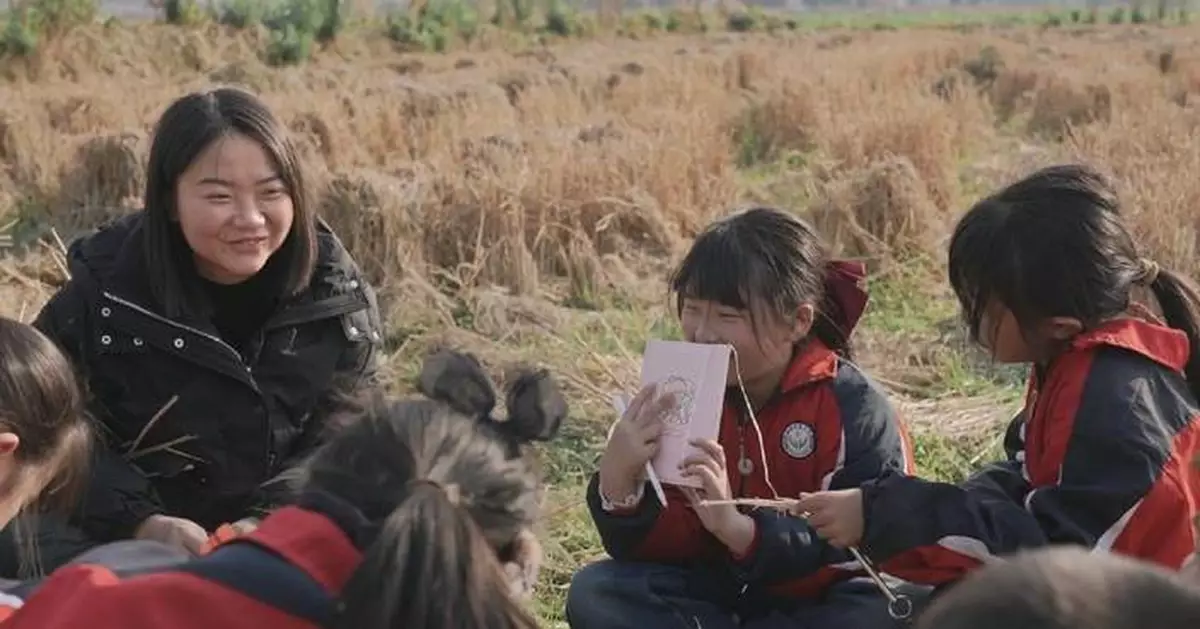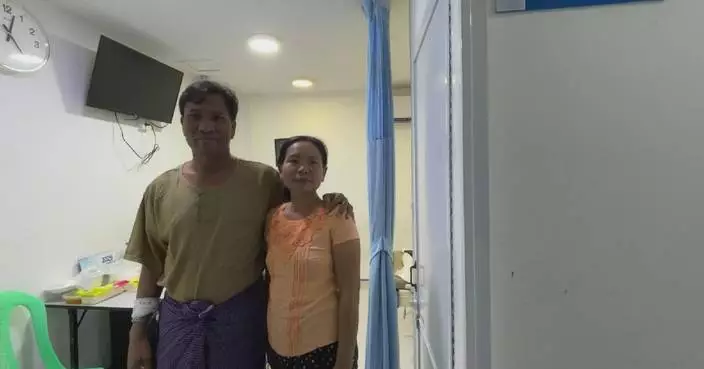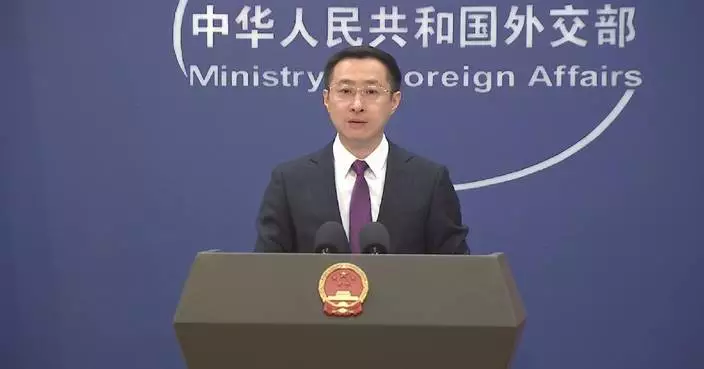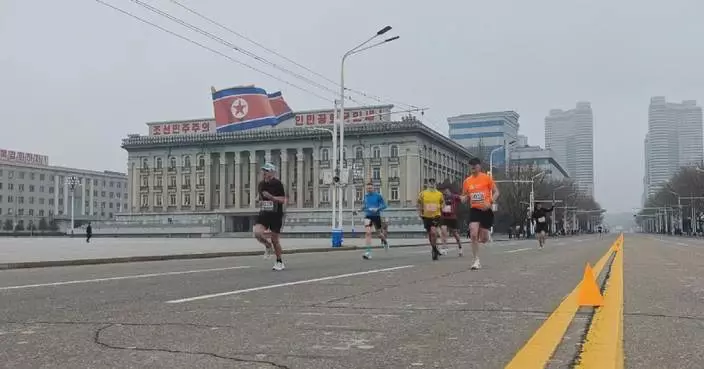A country school teacher in central China's Hunan Province is transforming the lives of "left-behind" children using the power of poetry to unleash their creativity and spark confidence.
Deep in the mountains of Hunan's Huaihua City, over 1,300 children study at Suyu Hope Primary School. Chinese language teacher Li Bolin sees herself as an ordinary teacher in this rural school, but her students view her as a hero.
Seven years ago, 28 year-old Li returned to her hometown after completing her education in pedagogical training to teach in the town-level elementary school. Despite the opportunity to work in large cities, she decided to go back to the mountains and contribute to rural education.
"The first time I stood in front of a class here and saw the children staring at me and listening to me so attentively, I realized how important dedicated teachers are for rural children," Li said in an interview with China Global Television Network (CGTN).
About half of the students at Suyu Hope Primary School are away from their parents who have migrated to other cities for higher-paid work. For some children who find it hard to speak their minds, poetry is a channel to express their emotional needs.
"In the footsteps of my parents, when they are not at home, I obediently walk every village path," a girl wrote.
As Li explored ways to enrich the spiritual world of her students, she found the value of verse and poetry.
"Poetry can nature a child's romantic spirit. Poems can reveal their beauty and innocence," she said.
To harness the inspiring power of literature, Li created a poetry society for these students. Over the past six years, the dedicated teacher has guided her students in composing over 1,000 poems. She takes them out of the classroom and into the fields, motivating them to write stories and poetry inspired by the natural world.
"Trailing in the sun's footsteps, I'm burned. Trailing in the moon's footsteps, I'm lonely," a boy wrote.
Li believes that writing poetry can help children build a stronger heart and find self-worth to some extent.
"Writing poetry helps give them confidence. A child once told me, 'If I can write poetry, I can also do other things.' They surpass themselves, achieving what once seemed impossible. This power is the most precious thing to gain," said Li.
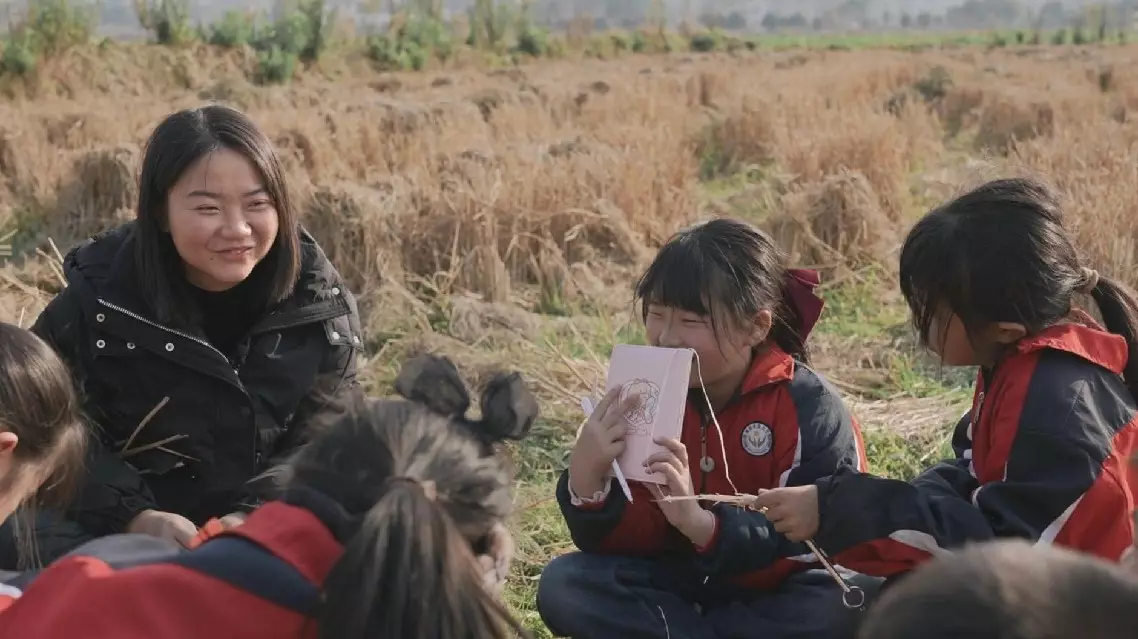
Dedicated rural teacher in Hunan motivates "left-behind" children through poetry


